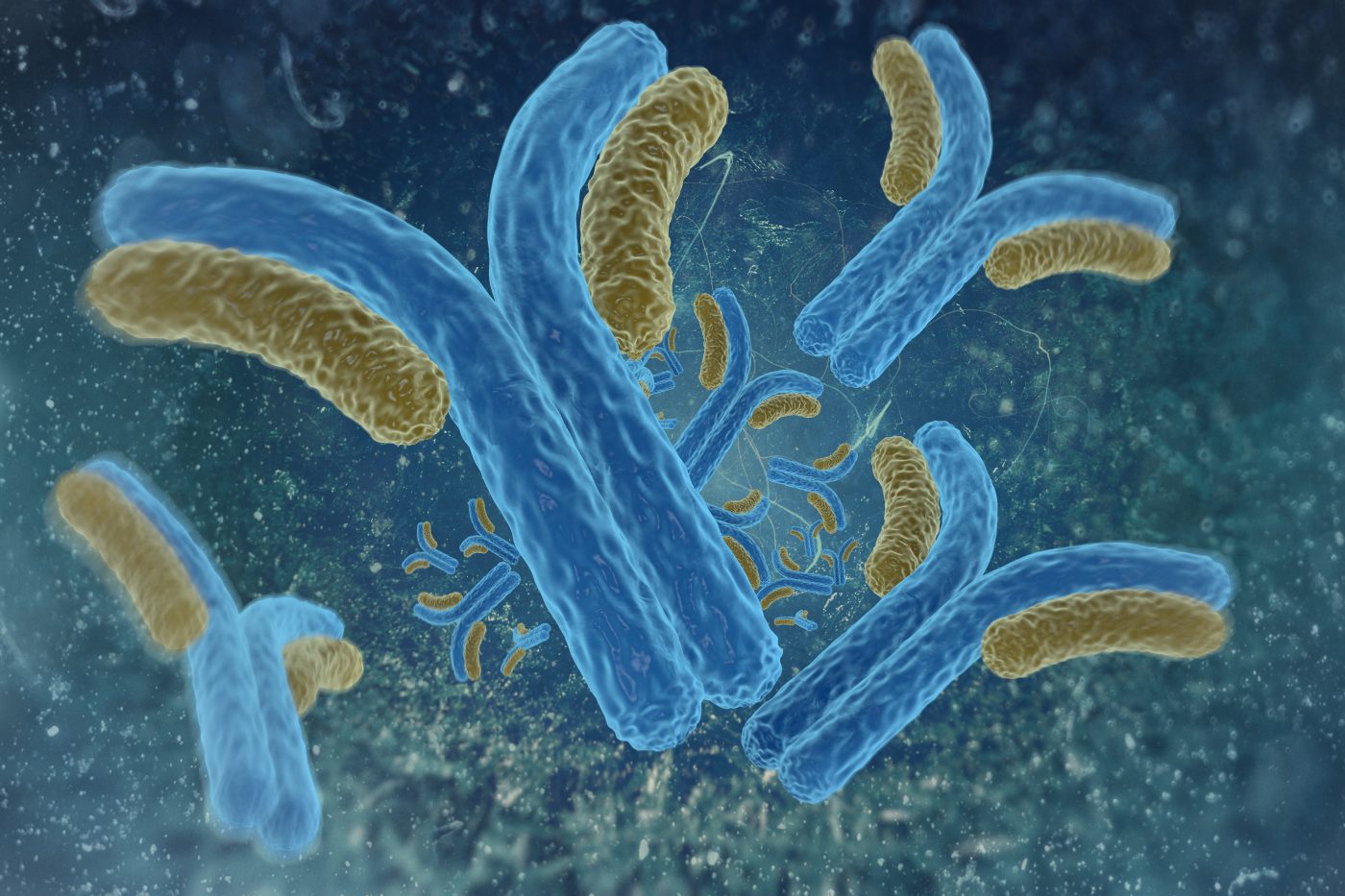Autoantibodies Could Help Treat Lupus, Other Autoimmune Diseases

Autoantibodies that naturally occur in patients with an ultra-rare type of autoimmune disorder called autoimmune polyendocrine syndrome type 1 (APS1 or APECED), could help fight lupus and other diseases.
The study, “AIRE-Deficient Patients Harbor Unique High-Affinity Disease-Ameliorating Autoantibodies,” was conducted by scientists at ImmunoQure AG, a German biotechnology company, in collaboration with a group of academic researchers and clinicians. Results were published in the journal Cell.
“This is very significant because antibodies make up one of the largest sectors of the pharmaceutical market, and one of the great quests in the pharmaceutical industry is to be able to routinely generate antibodies against human proteins implicated in diseases,” Adrian Hayday, co-founder of ImmunoQure and professor of immunology at King’s College, London, said in a press release.
Researchers showed that each APS1 patient has antibodies targeting 100 proteins on average. Each patient has a different set of antibodies, so a group of 80 patients has antibodies targeting almost one fifth of all the proteins in the human body.
Although the autoantibodies should pose a severe risk for autoimmune diseases such as type 1 diabetes, multiple sclerosis, rheumatoid arthritis, and lupus, they actually exhibit disease improving properties. The autoantibodies target cytokines and type I interferons, which are cell signaling molecules involved in inflammation.
The researchers showed it is possible to transfer patients’ autoantibodies to pre-clinical models of different diseases, making them perfect candidates to be potential therapeutic agents. Because they are patient-derived and natural, and because they recognize a large number of epitopes, they can potentially make safe, effective and highly defined drugs.
“Rather than committing immense resources and expense to drug discovery, which is at best a very uncertain path, the findings suggest a route to drug recovery, in which naturally arising highly efficacious autoantibodies can be isolated from patients whose clinical information guides us as to the diseases most likely to benefit from drugs derived from those antibodies,” Hayday said.
ImmunoQure is hoping to use the autoantibodies as building blocks to engineer new immunotherapeutics for treating many autoimmune diseases including lupus.
APS1 is an ultra-rare disease caused by mutations in the autoimmune regulator gene AIRE. This results in the body’s inability to detect and destroy naive T-cells that recognize self-proteins. As a result, the auto-reactive T-cells trigger B-cells to develop and generate highly matured self-reactive antibodies.






